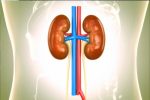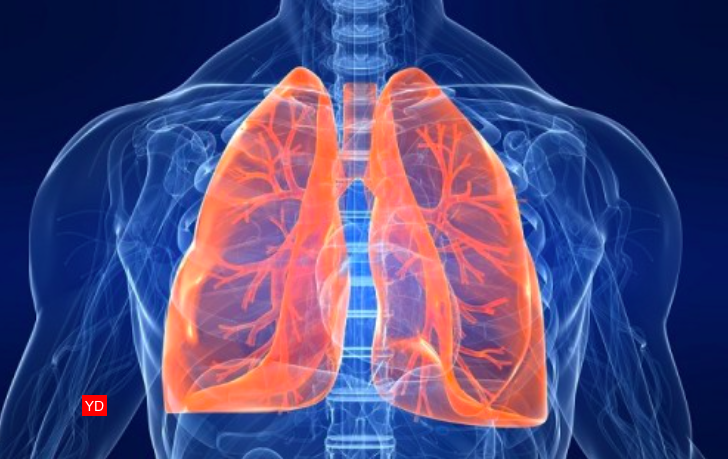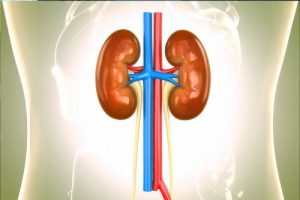Omega-3 fatty acids, which are abundant in fish and fish oil supplements, now appear promising for maintaining lung health, according to new evidence from a large, multi-faceted study in healthy adults.
Omega-3 fatty acids, carrying anti-inflammatory benefits, have previously been known to boost heart health, prevent heart disease and stroke, as well as reduce risk of cancer.
The study, published in the American Journal of Respiratory and Critical Care Medicine, provides the strongest evidence to date of the association between Omega 3 and lungs.
It showed that omega-3 fatty acids, also found in nuts and seeds, plant oils, and fortified foods, can help prevent decline in lung function.
“We know a lot about the role of diet in cancer and cardiovascular diseases, but the role of diet in chronic lung disease is somewhat understudied,” said corresponding author Patricia A. Cassano, director of the Division of Nutritional Sciences at Cornell University in Ithaca, New York.
“This study adds to growing evidence that omega-3 fatty acids, which are part of a healthy diet, may be important for lung health too,” Cassano added.
To investigate the link between omega-3 fatty acid levels in the blood and lung function over time the researchers developed a two-part study.
In the first part, the researchers conducted a longitudinal, observational study involving 15,063 Americans, with an average age of 56 years.
The participants were generally healthy when the study began, and the majority had no evidence of chronic lung disease.
They were followed for an average of seven years and up to 20 years.
The longitudinal study showed that higher levels of omega-3 fatty acids in a person’s blood were associated with a reduced rate of lung function decline.
The researchers observed the strongest associations for docosahexaenoic acid (DHA), an omega-3 fatty acid that is found at high levels in fatty fish such as salmon, tuna, and sardines. DHA is also available as a dietary supplement.
In the second part, the researchers analysed genetic data from a large study of European patients with over 500,000 participants.
They studied certain genetic markers in the blood as an indirect measure, or proxy, for dietary omega-3 fatty acid levels to see how they correlated with lung health.
The results showed that higher levels of omega-3 fatty acids — including DHA — were associated with better lung function.
One caveat of the current study is that it only included healthy adults.
Researchers next aim to examine blood levels of omega-3 fatty acids in relation to the rate of decline in lung function among people with chronic obstructive pulmonary disease or COPD — including heavy smokers — to determine if the same beneficial associations are found.

























Add Comment